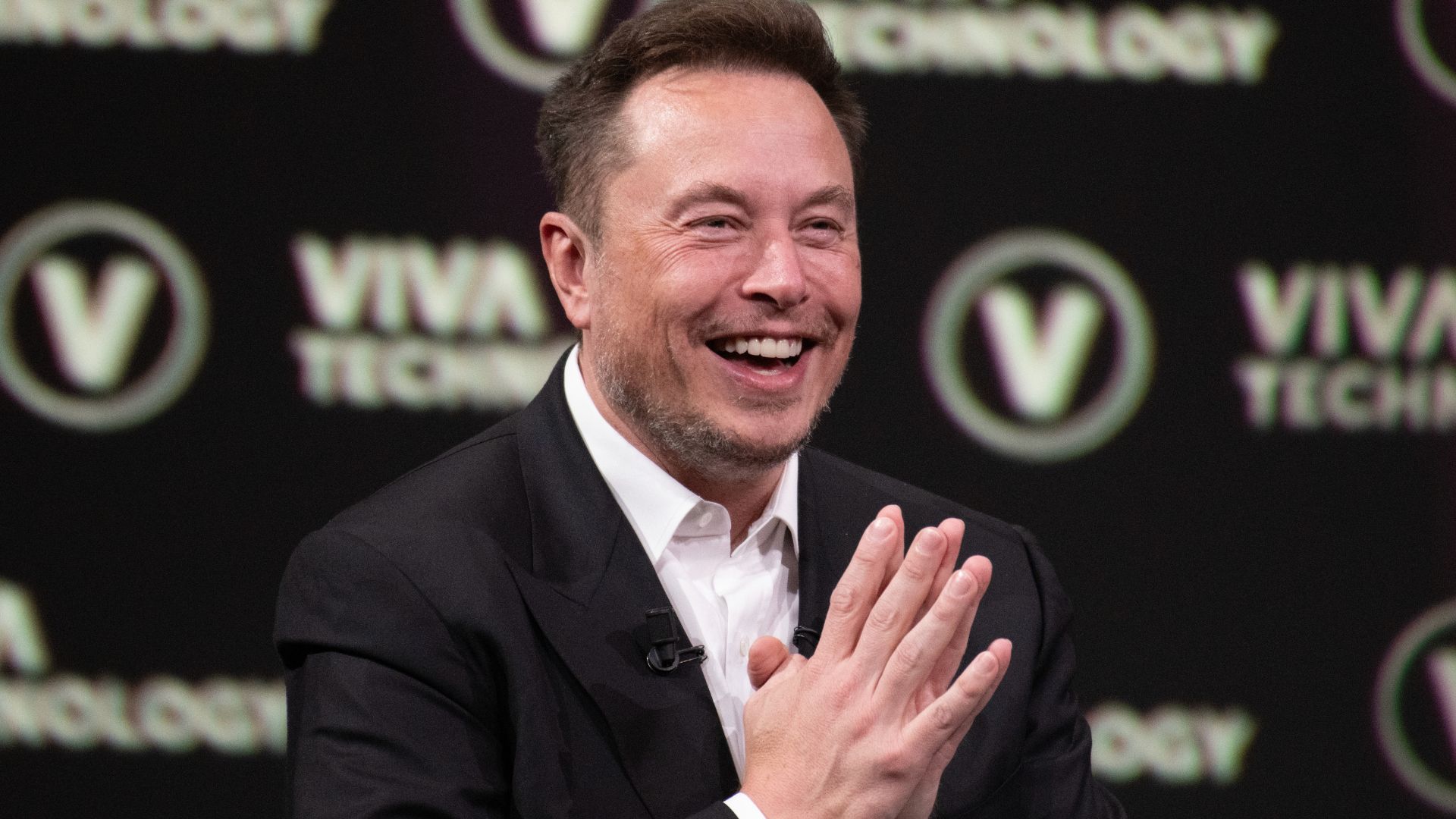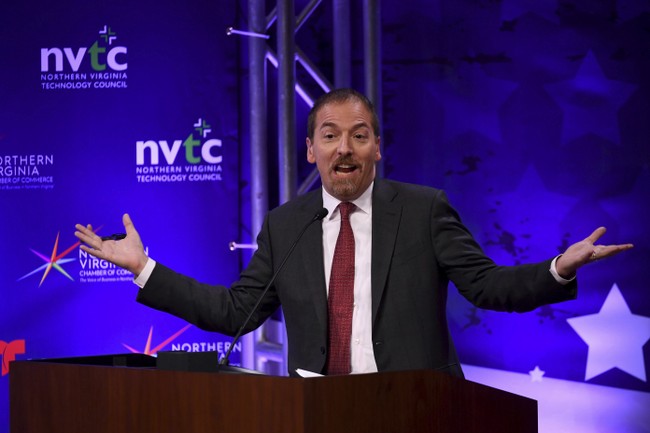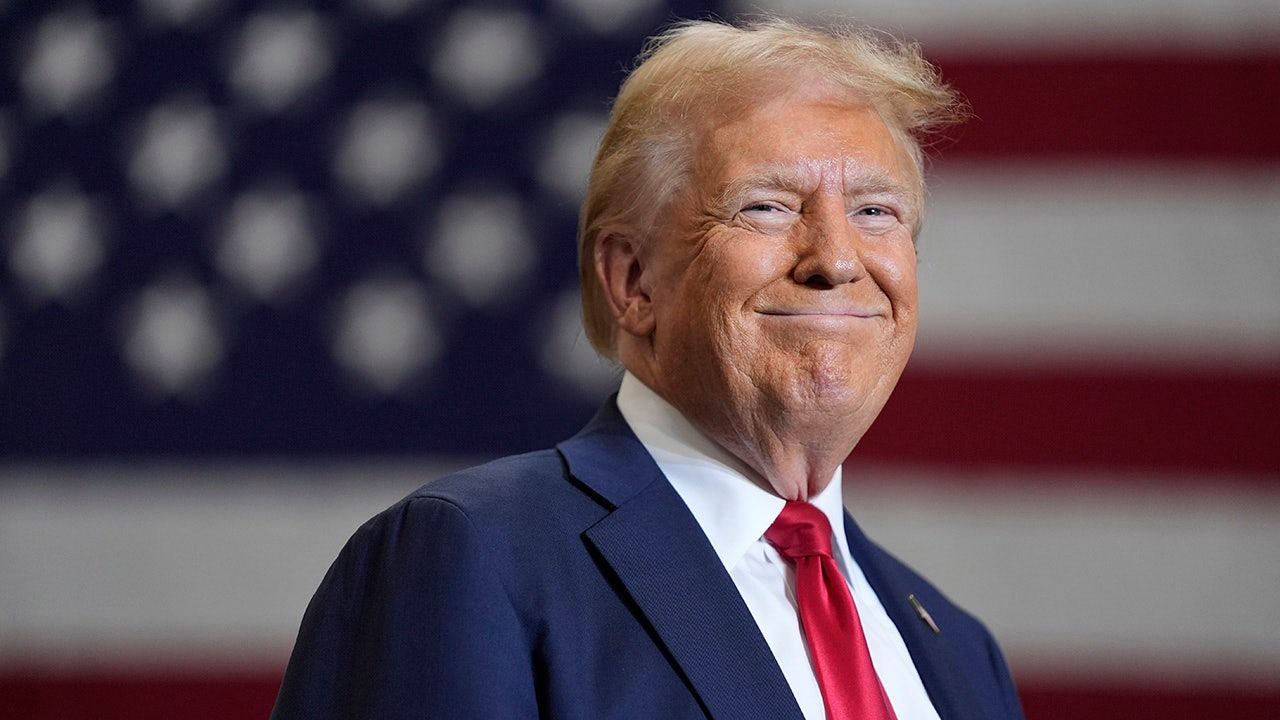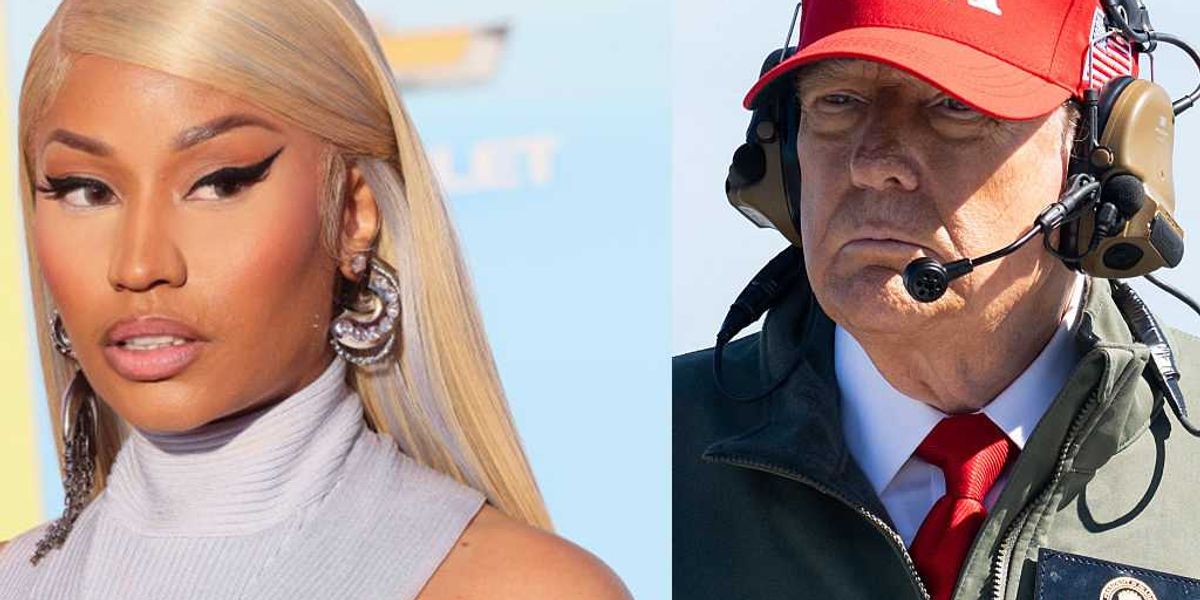Russell Vought, Director of the Office of Management and Budget (OMB), is expected to assume a leading role in the Department of Government Efficiency (DOGE) as Elon Musk prepares to step away from day-to-day operations, according to reporting from the Wall Street Journal.
🚨DOGE NEWS🚨
Russell Vought is taking over DOGE once Elon Musk steps aside, according to the Wall Street Journal.
Vought is currently the director of the White House Office of Management and Budget.
— Breanna Morello (@BreannaMorello) May 12, 2025
Trump’s Sovereign Wealth Fund: What Could It Mean For Your Money?
Vought, who served in the same position during President Donald Trump’s first term, is set to take over core responsibilities at DOGE.
His expanded portfolio will include implementing regulatory rollbacks, advancing the administration’s 2025 budget plan, overseeing efforts to recoup federal funds, and managing the reclassification of federal employees.
This Could Be the Most Important Video Gun Owners Watch All Year
According to administration officials, Vought will continue the administration’s focus on slashing regulations and streamlining government operations.
Vought has long worked alongside Musk in the agency’s efforts to restructure federal programs and eliminate what they consider unnecessary spending.
President Trump previously pledged to cut ten regulations for every new one enacted, a standard Vought has cited in promoting the administration’s deregulatory agenda.
Wow – OMB Director Russell Vought held nothing back on CNBC this morning when discussing government spending.
Russell is the Director of OMB (Office of Management and Budget).
“But over the last 4 years govt spending aggressively turned against the American people. Trillions… pic.twitter.com/FKeZQuKq1r
— Have_It_Make_Sense (@Pop_Collapse) May 6, 2025
Vought’s appointment is likely to draw pushback from congressional Democrats.
He played a central role in authoring Project 2025, a policy framework that outlines sweeping conservative reforms across multiple agencies.
Critics on the left have pointed to the document’s call for significant cuts to Social Security and Medicare, and its recommendation to dismantle the Department of Homeland Security.
Although President Trump distanced himself from Project 2025 during the campaign, he appointed Vought to the top budget position early in his second term.
Protests erupted earlier this year after several federal departments were downsized or shut down entirely under Musk’s leadership at DOGE.
Vought is expected to continue that path in accordance with a February executive order instructing agency heads to rescind “unlawful regulations.”
A key item on Vought’s agenda is the implementation of Schedule F.
The executive order, first introduced by Trump in 2020 and reissued after returning to office in January, removes job protections for thousands of senior federal employees.
The Biden-Harris administration had previously blocked the order, but Trump reinstated it as part of his federal workforce overhaul.
Vought is also expected to press Congress to adopt Trump’s $9.3 billion rescissions package, which would reclaim funds from agencies such as the State Department, USAID, NPR, and PBS.
While Vought has received support for his cost-cutting approach from fiscal conservatives, his stance on military spending has put him at odds with others within the Republican Party.
Vought’s budget proposal would limit future defense spending increases, directing that any hikes occur through budget reconciliation rather than annual appropriations.
Under his plan, defense spending would remain flat in the regular budget process.
The approach has created friction with Defense Secretary Pete Hegseth and Republican lawmakers who expected increased defense funding.
Some lawmakers expressed concern that relying on reconciliation for temporary boosts could leave the military underfunded in the long term.
“Russ has a lot of sway as the OMB director. He’s got a very sharp pencil,” said Sen. Kevin Cramer (R-ND), a member of the Senate Armed Services Committee.
The budget plan, as currently proposed, would reduce nondefense discretionary spending by $163 billion while adding nearly $120 billion through reconciliation measures.
Vought has indicated that this strategy is meant to avoid the Democrat-backed model of “parity,” which matches any increase in defense spending with equal domestic spending.
A Pentagon spokesperson told the Wall Street Journal that the White House’s proposed budget includes increased military funding but declined to comment on whether Secretary Hegseth believes the funding level is sufficient or if he advocated for more resources.
Sen. Roger Wicker (R-MS), chairman of the Senate Armed Services Committee, criticized the OMB’s approach, stating that he does not believe the proposed increase meets national security needs. “They’re doing silly math,” Wicker said of the budget projections.
As Vought prepares to lead DOGE, the administration’s focus remains on reducing the size and cost of the federal government while advancing its 2025 legislative and budgetary priorities.
Connect with Vetted Off-Duty Cops to Instantly Fulfill Your Security Needs
Read the full article here












